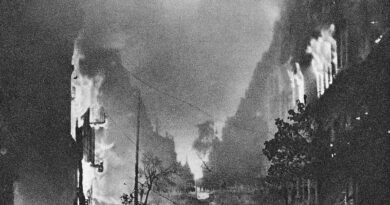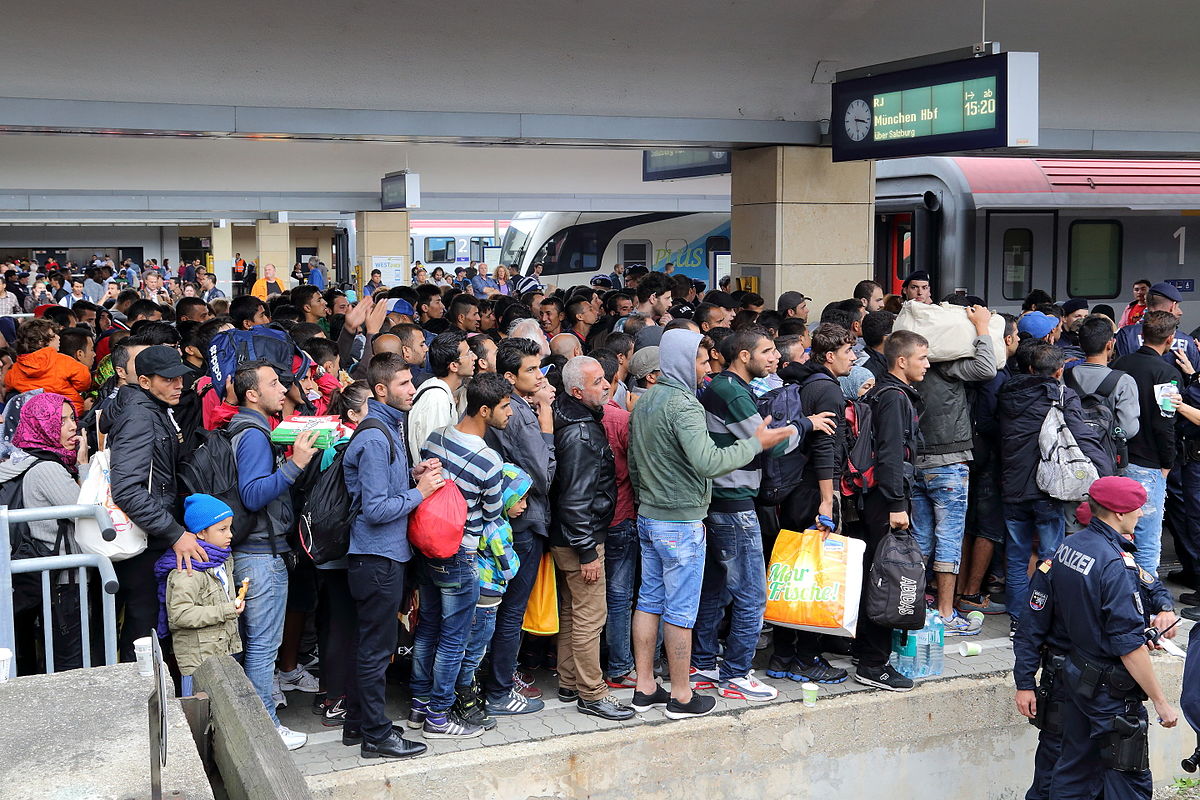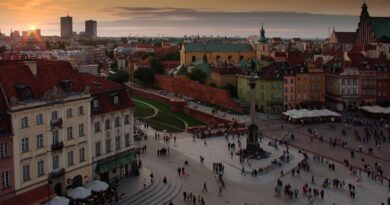The first signs of sobriety
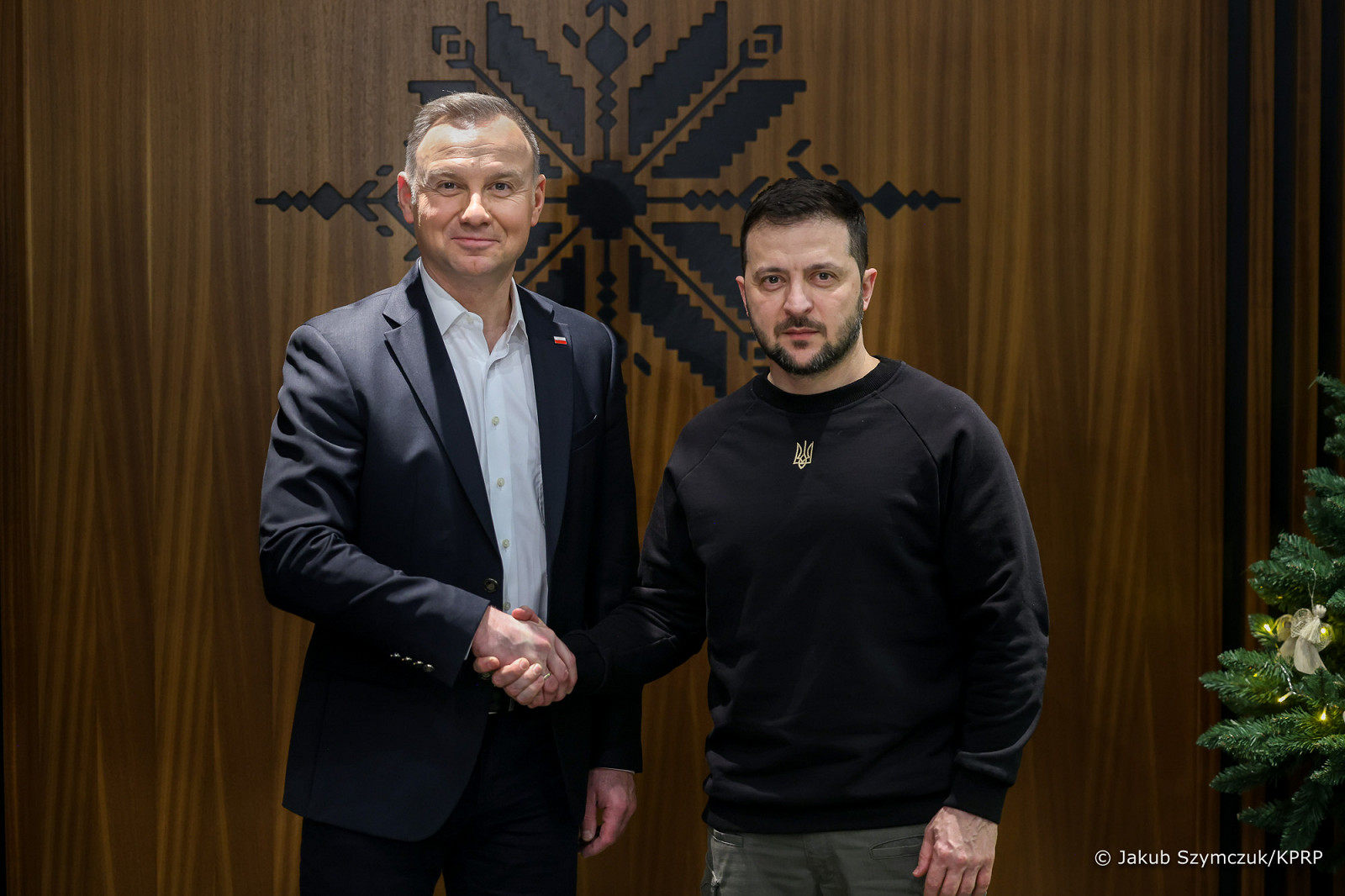
Listening to recent statements from Polish columnists and politicians, I am beginning to come to the conclusion that the signs of some sort of sobering up are becoming visible.
Paweł Lisicki
This does not apply to everyone. When it comes to official optimism and radical adherence to a line that was once taken with regard to Ukraine, no one can beat President Duda, for example. But a different tone is heard here and there.
A certain well-known columnist and editor-in-chief of an important media outlet, who until now I had always seen with a big blue-and-yellow cockade pinned to his lapel, and who forcefully condemned anyone who even mentioned the need for negotiations between Moscow and Kyiv if they were to lead to any territorial concessions by Ukraine, suddenly wrote that yes, maybe this is a necessity, and maybe “this is the only way Kyiv can attain the prospect of an end to this excruciating war, the space for reform, and the start of genuine steps toward both [EU and NATO] accessions.” Until a few months ago, anyone uttering a similar opinion would have been accused of all evils and stigmatized as Putin’s useful idiot.
Another well-known war reporter, who for months claimed that Russia would run out of ammunition at any moment, its army would collapse, and the Ukrainian counteroffensive would wipe out the Russian brutes in one bold move has changed his views overnight and begun to see that it is not so simple after all: Ukrainian casualties, both in terms of men and material, are enormous, while their strategic gains are meager. Finally, there is also a growing number of those who, not long ago, were announcing the emergence of a Polish-Ukrainian power bloc that was being built up by the United States, but who have now noticed that this is going to be more complicated than they thought. What has happened?
I believe that three developments largely contributed to this change in sentiment. First, there is the disastrous way in which the Ukrainian authorities, with tacit Polish acquiescence, treated the 80th anniversary of the Volhynia genocide. I disagree with those who claim that Andrzej Duda and Volodymyr Zelensky’s appearance together in Lutsk Cathedral was a success for Poland. On the contrary: the entire tone of the ceremonies indicated that it is the Polish side that has adopted the Ukrainian relativist narrative on this atrocity.
The Polish president acted as if he did not know which was the perpetrator and which the victim in Volhynia. The Polish Foreign Ministry spoke in a similarly pathetic tone. Symmetry in such a matter is not a sign of impartiality, but of procrastination.
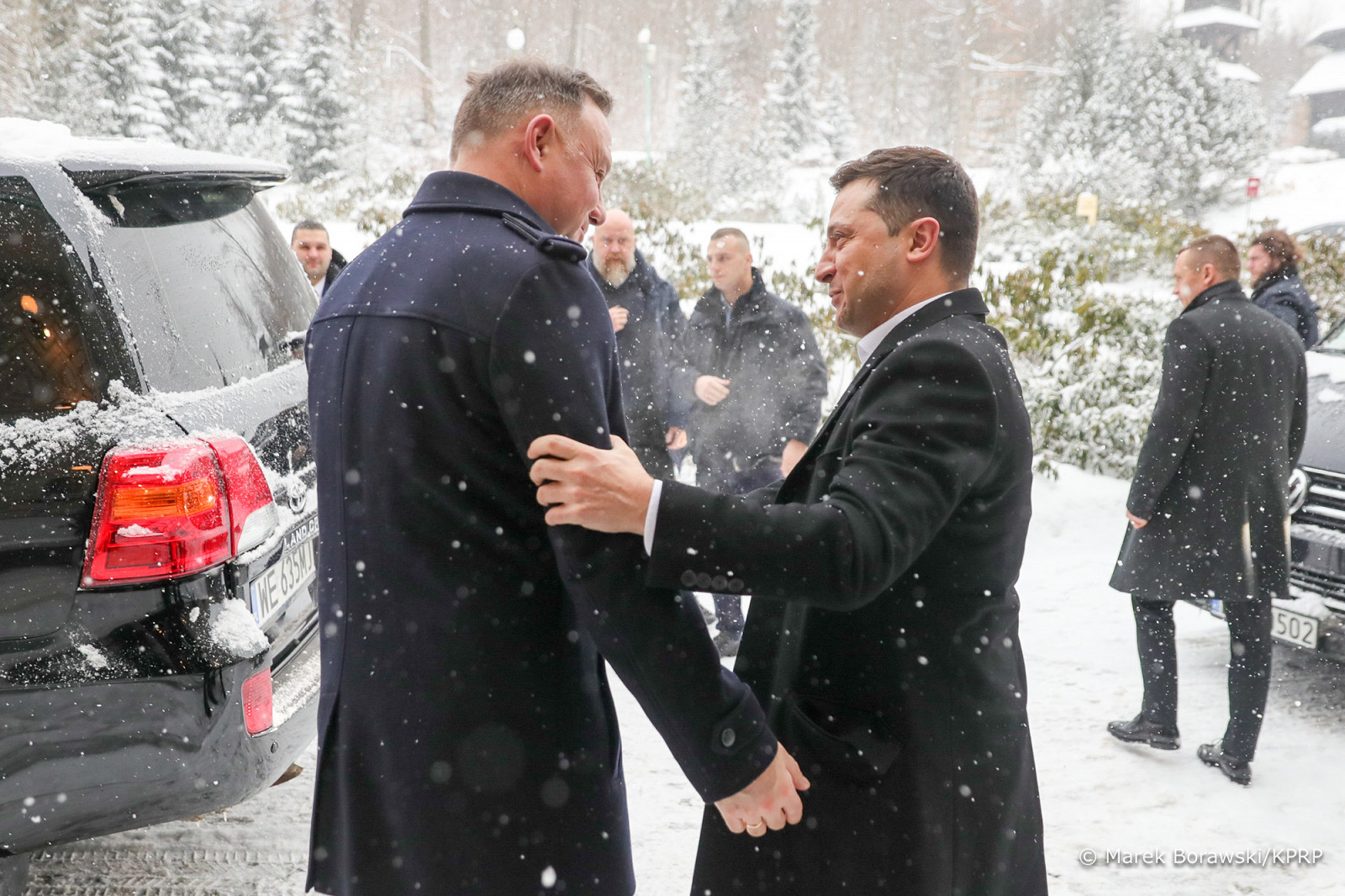
It has not been possible to get a clear statement from Ukraine on whether it will agree to the exhumation of Polish victims of the 1943–1944 genocide perpetrated by the Ukrainians. Worse, there is likewise no indication that Polish politicians are up to the task of reacting strongly to the cult of the Ukrainian Insurgent Army (UPA) criminals. Instead of condemning, they either bury their heads in the sand or rationalize their own weakness by telling us that, although the Ukrainian nationalists committed terrible crimes, we should not interfere when it comes to who the Ukrainians venerate. Really? Are there no universal rules that unite all civilized nations? Could it be that these same Polish politicians want to say that Germany, too, should have the right to honor its own war criminals and that Poland should accept this?
Second, there is an increasingly pronounced change in sentiment among NATO member states. This could be observed at the Vilnius Summit. Interestingly, in contrast to Poland and a few other smaller countries, even the United States could see that bringing Ukraine into the alliance at this time would entail a world war. Despite providing financial and military aid to Ukraine, the effect this has had on battlefield performance has been moderate. Additionally, an increasing number of citizens of Germany, France, and the United Kingdom believe that the troubles that Europe’s economies are undergoing are precisely the result of their countries’ involvement in the war.
Finally, a third factor contributing to this change of mood is the very behavior of President Volodymyr Zelensky, who has apparently come to believe that he has been entrusted forever with the role of the world’s conscience. Instead of giving thanks for the support he has been provided, he began to act as if doing so is everybody’s moral obligation. He began scolding and lecturing those leaders who were, in his opinion, not committed strongly enough. In a word, as became clear both during and after the summit, the Ukrainian president is beginning to irritate the West.
What the long-term effect of this change in sentiment will be is difficult to say. If it weren’t for the fact that Joe Biden has bet everything on one card – Ukraine defeating Russia – Washington probably would have called for serious negotiations between Moscow and Kyiv long ago. However, retreating at this stage from the narrative of victory – i.e., no longer saying that Russia will fall under the blows of the Ukrainian army and its American equipment at any moment – would exact a heavy price on Biden’s chances in the upcoming presidential election. Thus, until November 2024 there will be no genuine pursuit of peace. Meanwhile, in terms of Polish politics, Law and Justice’s right-wing opposition, Konfederacja, is set to gain from this change in sentiment, as from the start it has been the only political force to express skepticism regarding official policy as it relates to the war.
This article was published in July 2023 in “Do Rzeczy” magazine.

